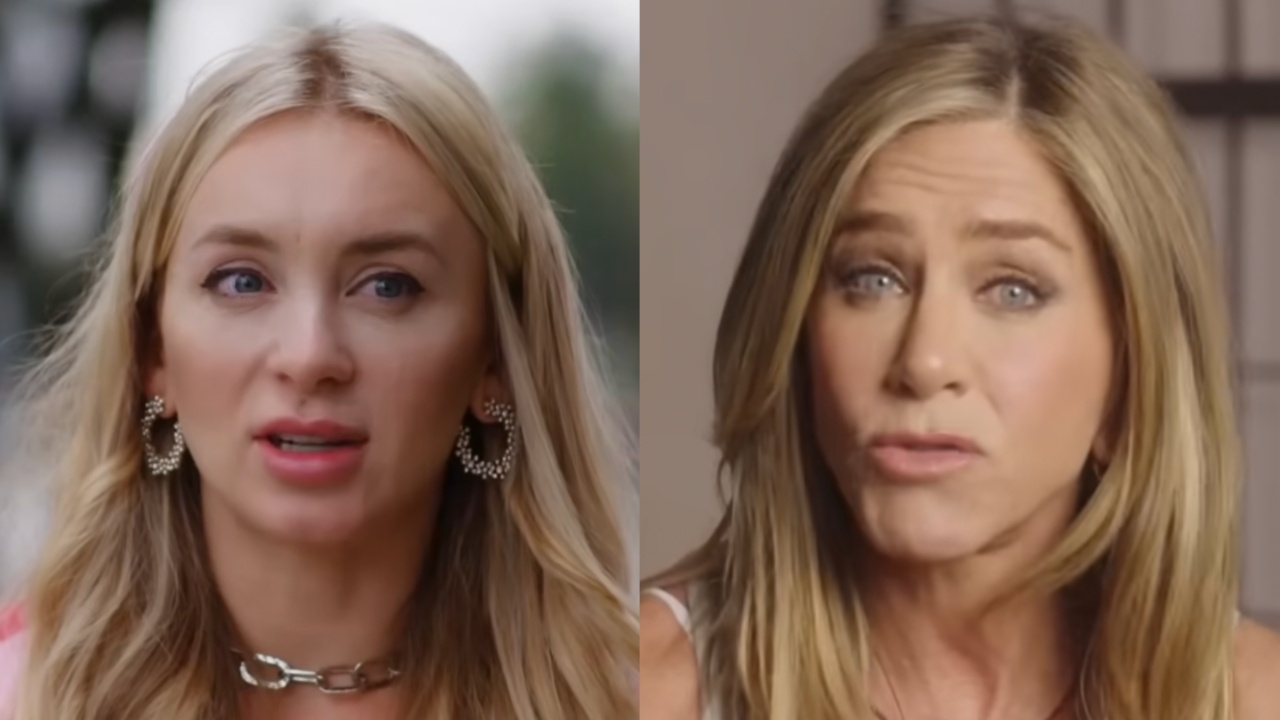From The '60s To Today, What Is Martin Scorsese's Best Decade?
Absolute cinema, indeed.
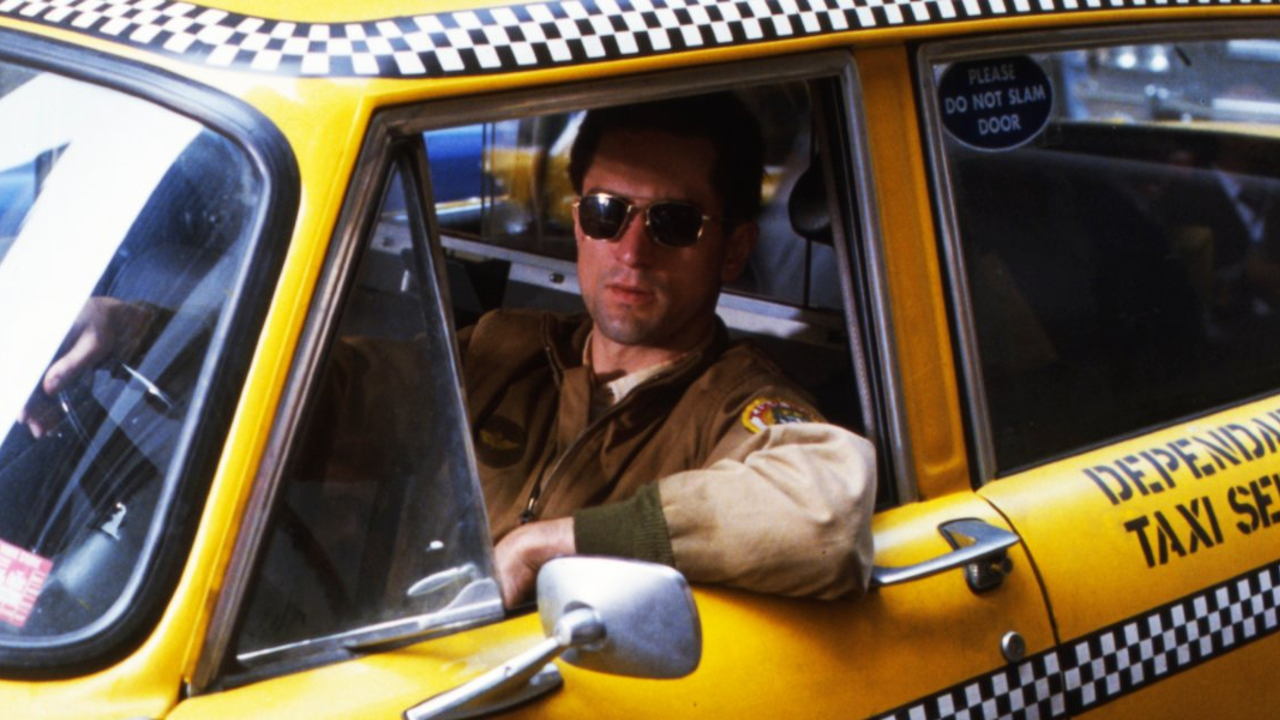
Your Daily Blend of Entertainment News
You are now subscribed
Your newsletter sign-up was successful
As cinephiles, we might disagree about a lot of things, but the one thing that I think we can all agree upon is that Martin Scorsese is one of the greats.
The man has been making movies since the ‘60s, and while I would argue that he's never made a bad movie, I think we can all reach common ground and say that some of his movies are masterpieces, and some of them are not. That said, he has never had a mediocre decade.
Which is kind of crazy when you think about the fact that he's been making movies for nearly 60 years now. That said, while he may not be a director who made a really good movie on his first try, I would argue that he has been consistently good for his entire career. But what is his very best decade? Well, you're about to find out.
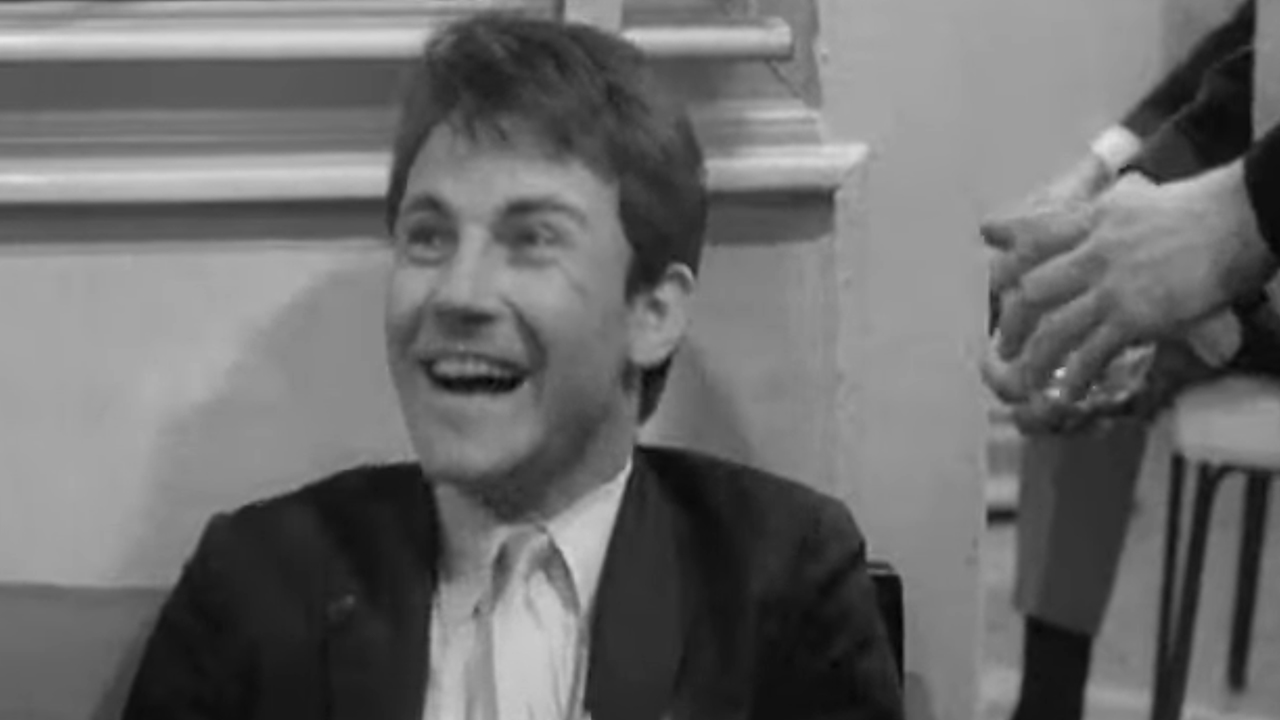
Well, It's Certainly Not The ‘60s, That's For Sure
If there's any decade that's easy to check off as not being Scorsese's best, it's the ‘60s, and that's mostly because he only directed one movie, which was 1967's Who's That Knocking at My Door? And, as I alluded to in the intro, Scorsese's first movie isn't “really” good. It's just good. That said, “just good” ain't bad!
Starring Harvey Keitel in his first major movie and Zina Bethune, the story is about a Catholic man (Keitel) who meets a woman (Bethune) who wants to have sex. He declines because he wants to marry her instead, and wishes her to be “pure.” When he finds out she isn't (and not by her own choice, mind you), he no longer wants her. It's…kind of icky by today's standards, but the acting and pacing are good.
Yes, Scorsese also directed a documentary in ‘66 titled New York City…Melting Point, but it was for educational purposes, and I don't think anybody is comparing it to his later, more influential documentaries.
So, yeah. The 1960s were more of a starting point than anything else for Scorsese. Thankfully, he hit the next decade off like a firecracker and never looked back.
Your Daily Blend of Entertainment News
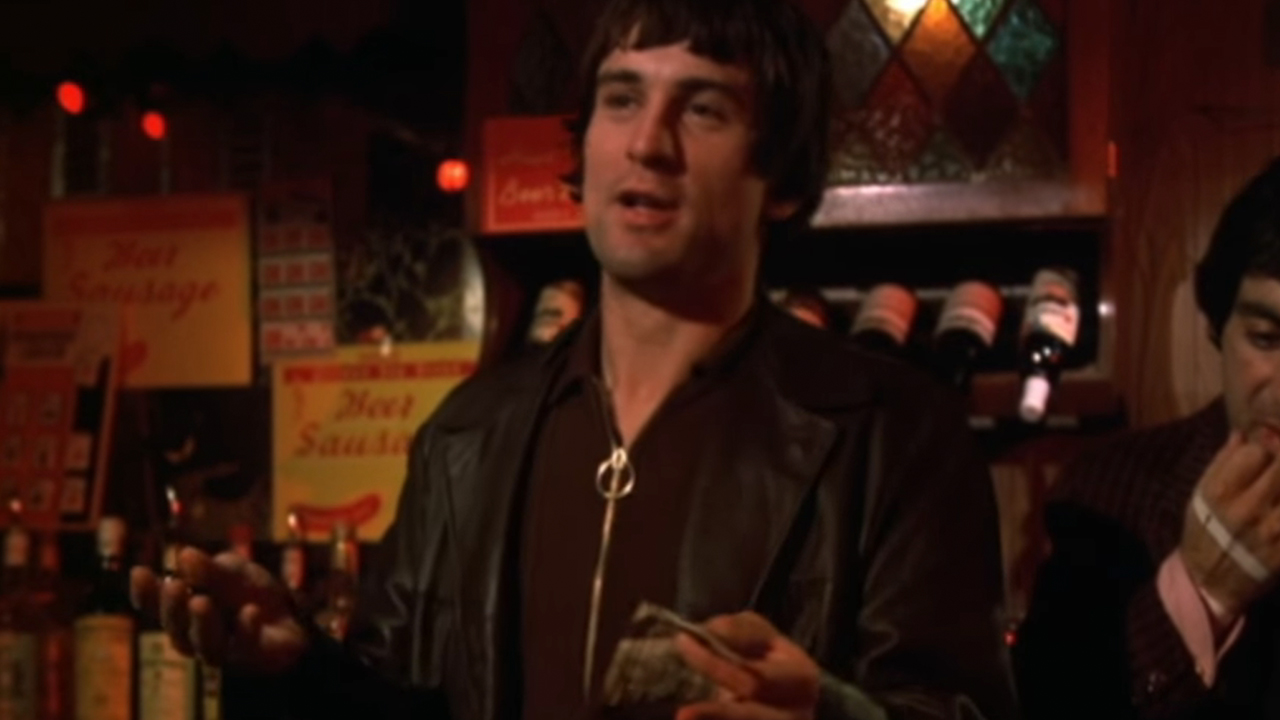
The ‘70s Are A Good Contender
I love ‘70s cinema. It's my favorite decade of film. I recently wrote about what I think is the best movie of the ‘70s, and few directors have a list of bangers like Scorsese. Honestly, you could make an argument that this is his best decade, and I wouldn't disagree with you.
That said, he had a rough start. In 1972, he directed the Roger Corman-produced Boxcar Bertha, which a lot of Scorsese fans probably haven't even seen. Thankfully, his next film was the career-making 1973's Mean Streets with De Niro and Keitel. And, it still holds up!
In ‘74, we got the underappreciated comedy drama Alice Doesn't Live Here Anymore with Ellen Burstyn and Kris Kristofferson, and in the same year, we got his concert film with the Band's The Last Waltz. What a year! In ‘76, we got one of Scorsese's best movies (and my personal favorite of his), Taxi Driver. It's the story of a deeply troubled man, and it still resonates today.
His last feature-length film of the decade (and, by this point, his third pairing with Robert De Niro) was 1977's New York, New York, which featured De Niro as an abusive musician, and Liza Minnelli as an up-and-coming singer. So, the '70s were a super important decade for Scorsese.
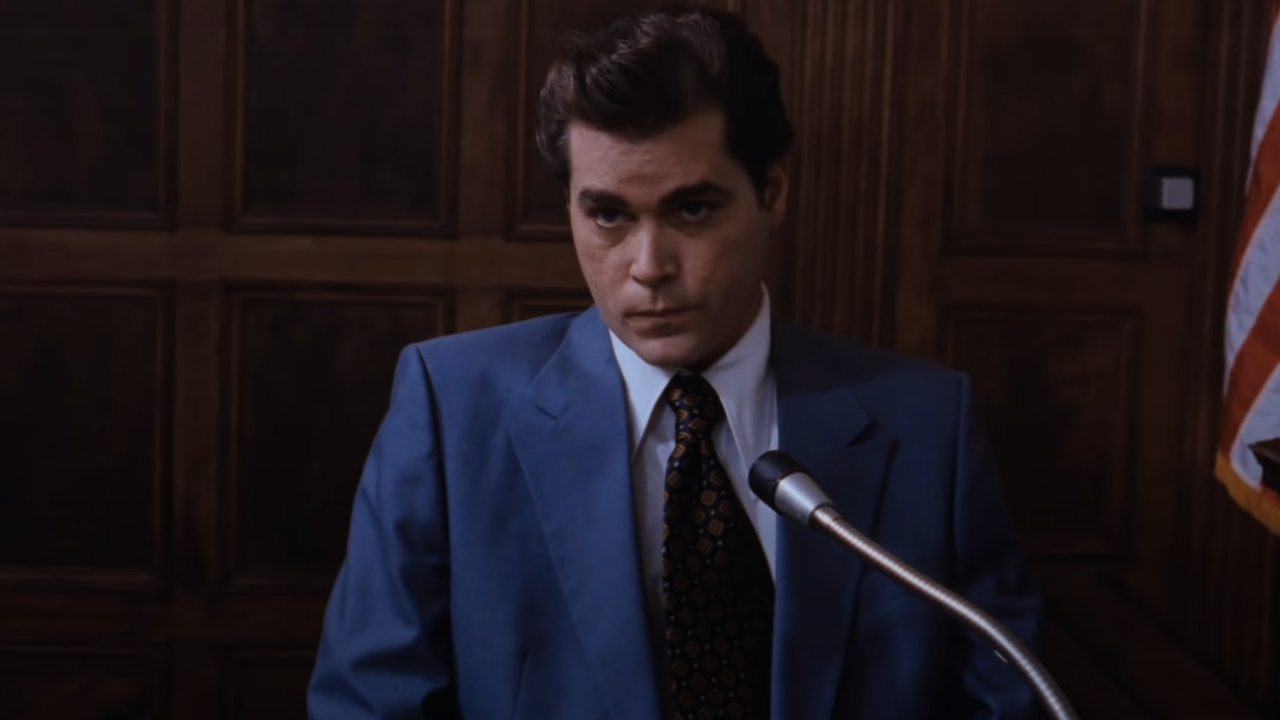
But The ‘90s Were A Real High Point
Now, I know a lot of people will call the ‘90s Scorsese's best decade, and mostly because he started it off with arguably his best movie, Goodfellas, which is, if not the best movie of the ‘90s, then damn near close.
So, that's a lock, but the rest of the decade is stacked, too. The very next year, we got the Cape Fear remake in ‘91, and in ‘93, we got the immensely underappreciated The Age of Innocence adaptation, which I need to write about someday. By ‘95, we got Casino (which, keep this quiet, but I like it better than Goodfellas).
However, it's after Casino where we might have an issue. Now, I don't hate ‘97's Kundun, which is about the Dalai Lama (again, I don't hate any Scorsese film). However, if I were to pick one weakness in Scorsese's filmography, it's this film. It just doesn't feel like it gets that in-depth with its source. The movie is…fine.
Also “fine” (though I know it has its fans) is 1999's Bringing Out the Dead, which stars Nic Cage as an emotionally exhausted paramedic. I like the film, but I think it and Kundun kind of weaken Scorsese's ‘90s output rather than strengthen it, which is why I wouldn't consider this Scorsese's best decade.
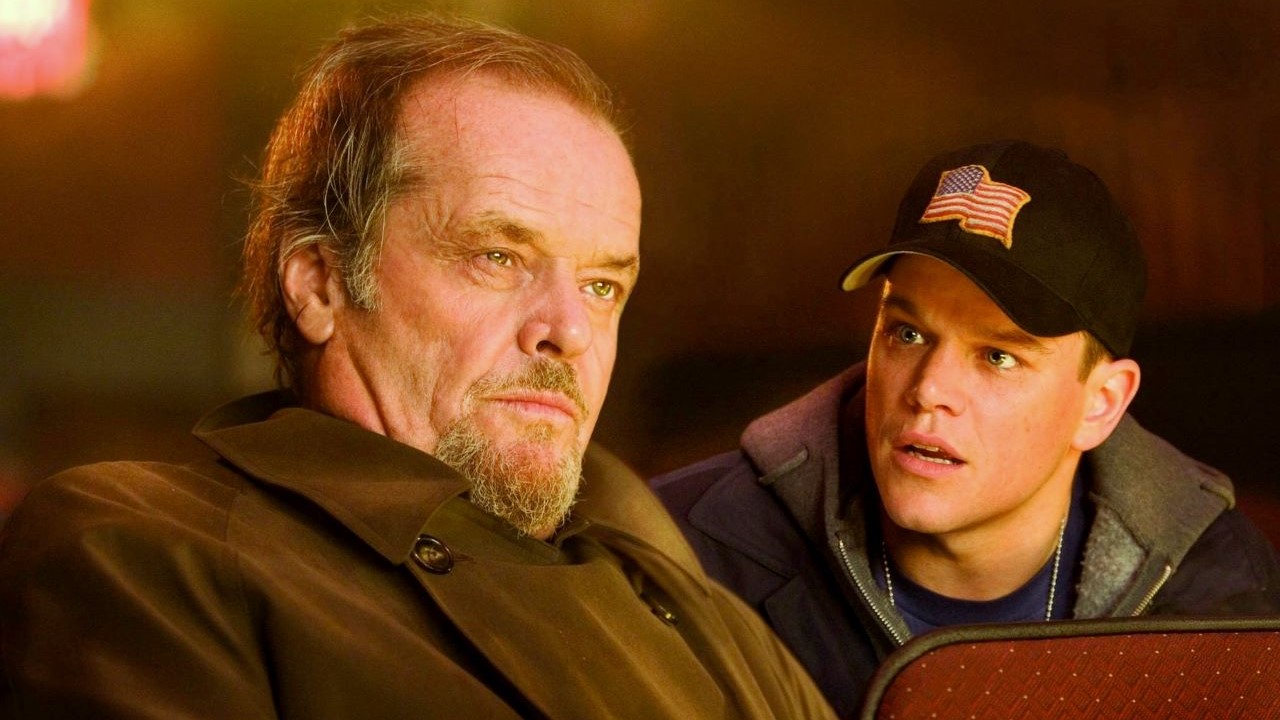
Surprisingly, Both The 00s And The 2010s Have Been Close To His Best
Boy oh boy, the 2000s were good for Scorsese. He made three films, and ALL of them were either good or great. We also got multiple documentaries, with two of them - the Bob Dylan documentary, No Direction Home: Bob Dylan, and the Rolling Stones concert film, Shine a Light - possibly being the best in his admirable career.
But, as for features, we got 2002's Gangs of New York (banger), 2004's The Aviator (banger!), and 2006's The Departed (to which Scorsese FINALLY won Best Picture and Best Director). Honestly, the only thing really keeping me from putting the '00s as Scorsese's best decade is that he made so few features.
The 2010s started with Shutter Island, which continued Scorsese's work with DiCaprio. We then got the really unique kids film, Hugo, in 2011, while also getting the fascinating George Harrison documentary, Living in the Material World. In 2013, we got my favorite DiCaprio movie, The Wolf of Wall Street, and in 2016, we got Silence, which I love every time I watch it. In 2019, we got the epic mobster film, The Irishman.
As for the 2020s, we've gotten just one movie so far, that being 2023's fascinating Killers of the Flower Moon. Honestly, I would probably say the 2010s might just be Scorsese's best decade, given the sheer scope and subject matter he explored in each film he approached. That said….
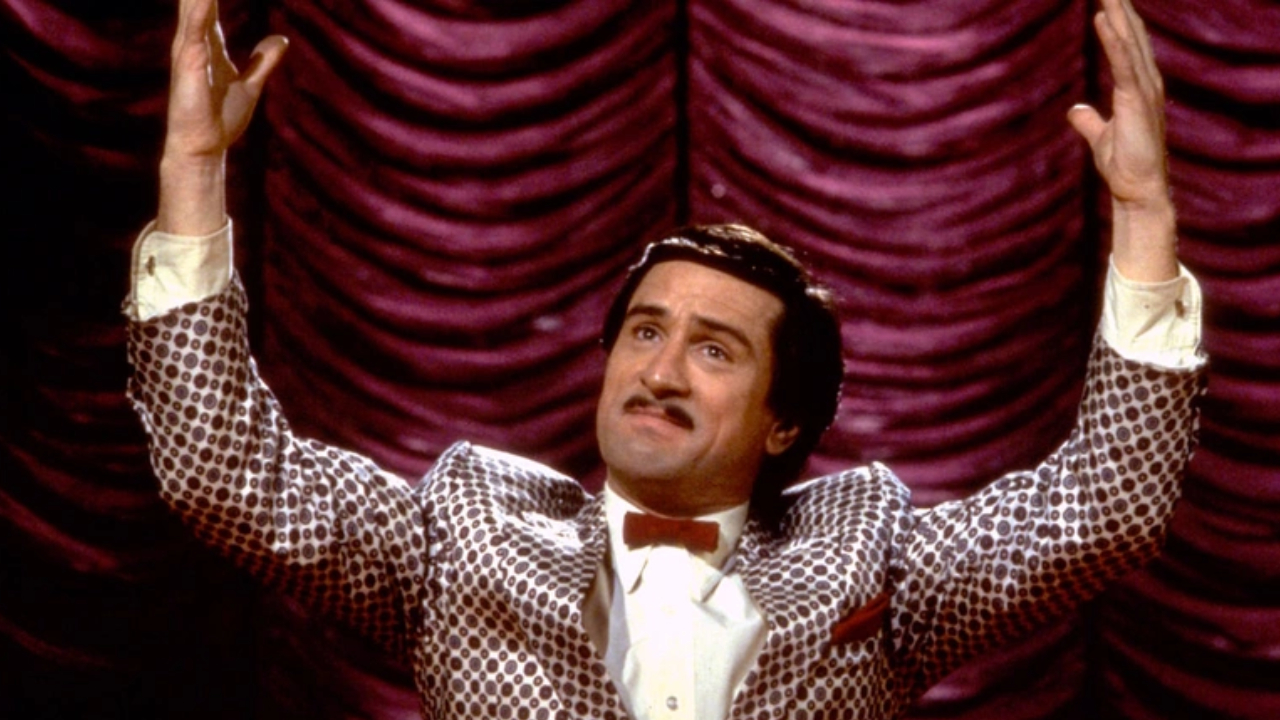
Scorsese's Best Decade Has To Be The ‘80s
Calling the ‘80s Scorsese's best decade is interesting, because I doubt he would say the same. That said, when it comes to everything that makes Scorsese great, I think it's all contained in the 1980s.
He started the decade off strong, just like the ‘90s, with what might be considered his second-best movie, Raging Bull. And then, in 1982, everything went wrong. His movie, The King of Comedy, was a box office BOMB. That said, the years have been kind to it, and it's my second favorite movie of Scorsese's, right after Taxi Driver.
We then got what I consider Scorsese's hidden gem, the comedy After Hours, in ‘85, and The Color of Money in ‘86, which is arguably one of the best movies both Paul Newman and Tom Cruise have ever been in. I think what seals the deal, though, is 1988's deeply personal The Last Temptation of Christ, which is one of Scorsese's most fascinating (if not polarizing) movies.
Even though there are only five films and no documentaries, I still think this is the strongest, most eclectic decade Scorsese had in his entire career. I would also say that every film in this period is a masterpiece, especially The King of Comedy, which feels more relevant today than ever.
But, what do you think is Scorsese's best decade? I'd love to hear your thoughts!
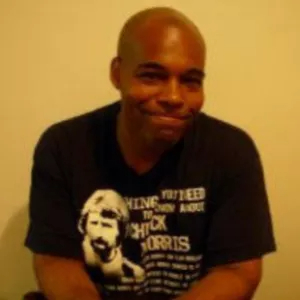
Rich is a Jersey boy, through and through. He graduated from Rutgers University (Go, R.U.!), and thinks the Garden State is the best state in the country. That said, he’ll take Chicago Deep Dish pizza over a New York slice any day of the week. Don’t hate. When he’s not watching his two kids, he’s usually working on a novel, watching vintage movies, or reading some obscure book.
You must confirm your public display name before commenting
Please logout and then login again, you will then be prompted to enter your display name.
